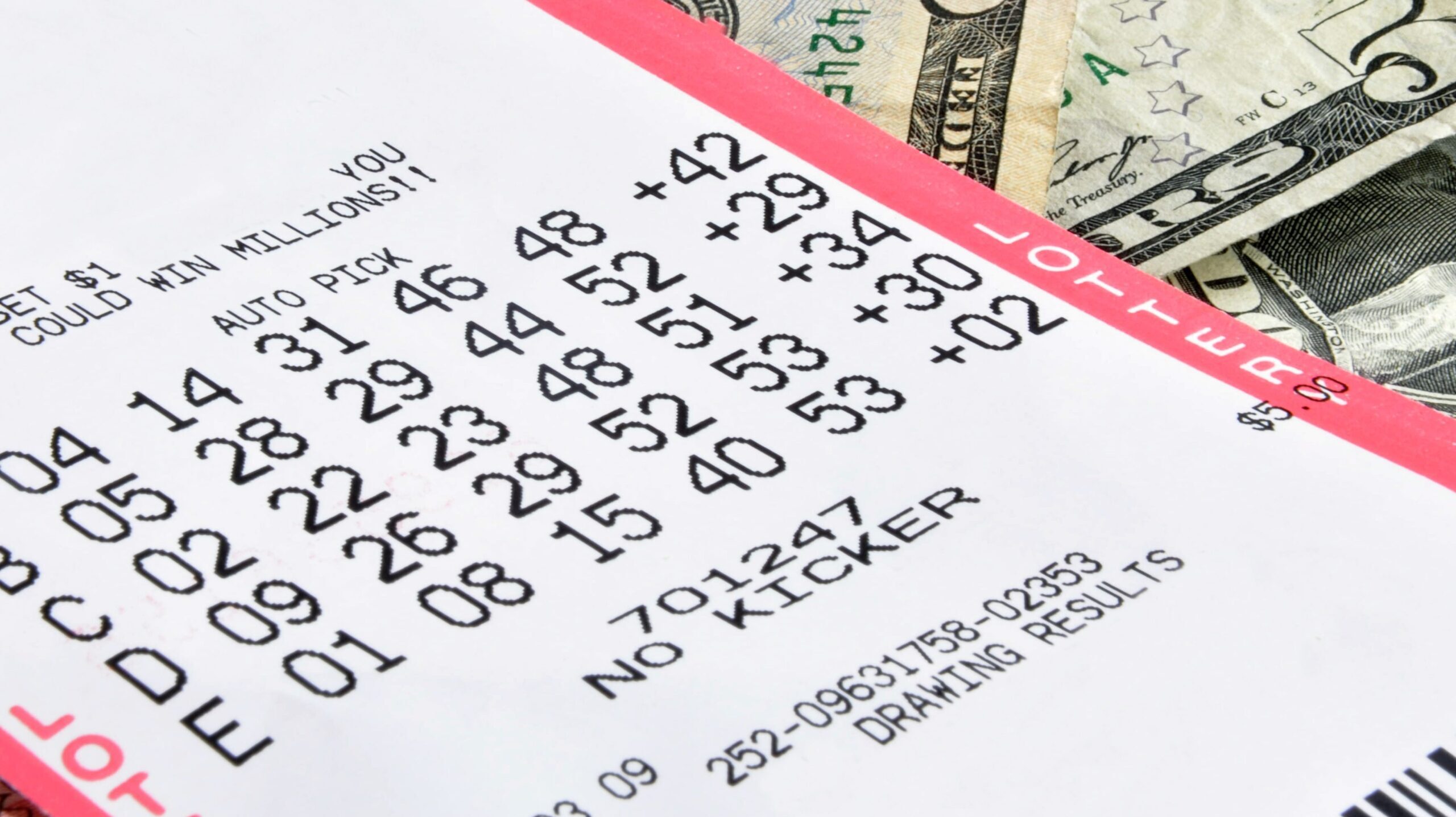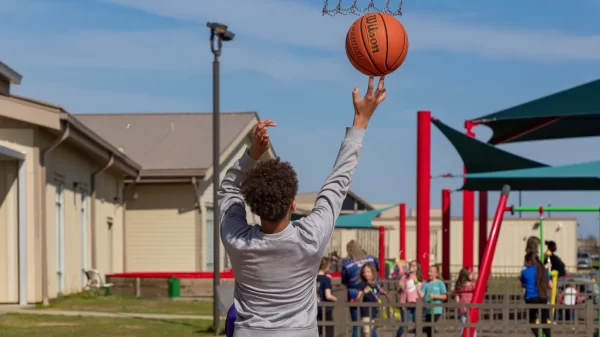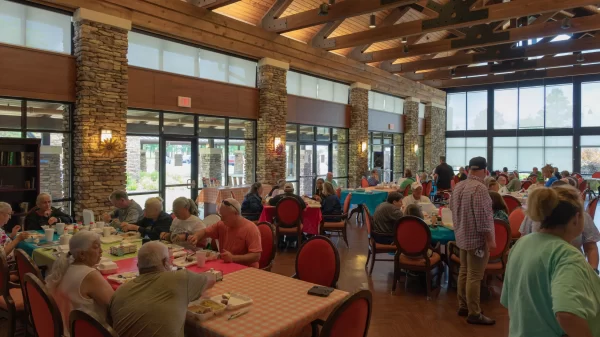In Michigan in 2017, the state’s 19 tribal casinos contributed roughly $97 million worth of their profits to state and local government entities — their end of tribal-state gaming compacts.
Also in 2017, just three commercial casinos in Detroit sent nearly $300 million to state and local coffers — their end of standard taxes applied to non-Indian casinos.
This is the difference in state revenue generated by commercial casinos versus tribal casinos.
And such a dramatic difference in tax dollars is not uncommon.
The difference essentially boils down to the laws governing the taxation of the different types of casinos. The commercial casinos in Michigan pay a 24 percent tax rate. The tribal casinos, as part of their compacts with the state of Michigan, pay roughly 4 to 6 percent.
If that seems unfair, well, take it up with the federal government, which has to approve tribal-state gaming compacts. Those compacts always heavily favor the tribes, which are, by definition, sovereign states.
Today, tribes usually pay a bit less than 10 percent of gaming profits to states when they enter a compact. (To be clear, this is a rough final estimate of the actual money paid in. There is typically a complex formula based on the number of plays and amounts of each play that is used to arrive at that number.)
Commercial casinos — your MGMs, your Las Vegas Sands, etc. — typically pay in somewhere around 25 percent of their revenue in taxes. (Again, the formula is typically much more complicated.)
That’s good information to have, I think, if you’re a state currently considering expanding gambling and entering a tribal-state gaming compact. A state like Alabama, for example.
It is particularly good info to have if the tribe in that state is attempting to snooker state lawmakers into a bad deal.
That’s what the Poarch Band of Creek Indians are doing, and they pulled their first con over the weekend. It came in the form of an op-ed, penned by tribal CEO Stephanie Bryan and printed in the Montgomery Advertiser.
In it, Bryan pretended that the Poarch Creeks were merely kindly, unaffected neighbors, pulling for the state to approve a vote on a lottery and help its citizens gain the infrastructure it so desperately needs.
Yeah, right.
The Poarch Creeks want Alabama to approve a lottery — and only a lottery — because it will further enhance their gaming monopoly and place them in a greater position of power in the state.
That Bryan would even attempt at this point to pretend a lottery bill wouldn’t be a huge advantage for the tribe is, frankly, astonishing. But that’s exactly what she did, writing that a lottery doesn’t mean that the tribe can “automatically expand current gaming operations to include table games.”
Actually, it does. It just doesn’t mean that the expansion will occur overnight.
To better understand why, you can read this explanation from the American Indian Law Review, which studied the effect of Oklahoma’s intent to pass a lottery bill in 2003, and how its passage might affect tribal gaming. It predicted that Oklahoma tribes would have Class III games, such blackjack, in the future.
Ten years later, after a steady progression of increased gaming options, Oklahoma’s tribal casinos now offer a full range of casino games.
To strip away hours of legalese and lawyer-speak, the reason it happened in Oklahoma and other states — and will happen in Alabama too — is because a lottery is a Class III game of chance. When such a game is offered in the state legally, it must also be offered to the federally recognized tribes.
Gaming laws do require the tribes to enter into compacts with the states in order to offer Class III games, but that same law essentially assures tribes that a compact will occur. If states refuse to negotiate one, the U.S. Department of the Interior forces a compact.
And that’s exactly what will happen in Alabama.
If Alabama passes a “straight lottery bill,” the law for the Poarch Creeks instantly changes, providing it with an even larger opportunity. In the meantime, the state misses out on hundreds of millions of dollars annually that could be generated from commercial casinos paying in a 20-plus-percent tax rate. (Remember that Michigan example I mentioned earlier?)
Look, I’ve said dozens of times that I want the Poarch Creeks to succeed. But not at the expense of everything and everyone else.
Casino gambling exists in this state currently. The Poarch Creeks operate three casinos, and they rake in billions in untaxed profits every year. They pay zero taxes for roads. They pay zero taxes for infrastructure. They pay zero taxes to combat gambling addiction.
If this state and its lawmakers allow such a pathetic arrangement to continue, we deserve to be conned.



















































